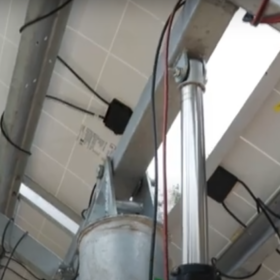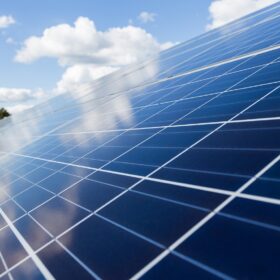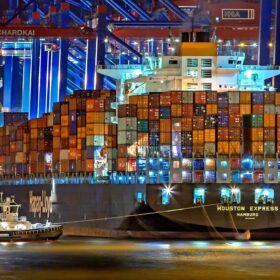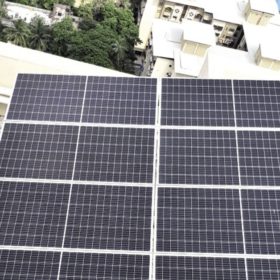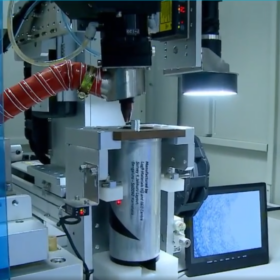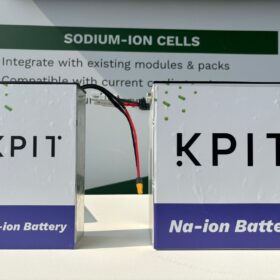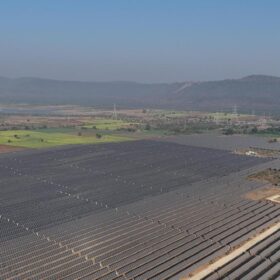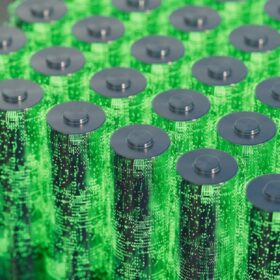Union Budget 2025: Expectations of India’s solar industry
With the Union Budget 2025-26 approaching, the solar industry anticipates key policy and financial measures to sustain this momentum. The budget is expected to increase funding for green technologies, including solar, wind, and green hydrogen.
A budget boost for solar power could reshape india’s energy and agricultural landscape
Central Government’s Pradhan Mantri Kisan Urja Suraksha Evam Utthaan Mahabhiyan (PM-KUSUM) scheme holds transformative potential for both India’s agricultural and energy sectors. Decisive financial boosts in the 2025 budgets will harness the growing winds of interest and pave the way for widespread adoption.
Union Budget 2025-26: What India’s green industry expects from the upcoming budget
The 2025-26 Union Budget has the potential to be a defining moment in India’s journey toward a net-zero economy. By addressing key areas such as renewable energy, green hydrogen, sustainable mobility, and community-level projects, the government can create a robust framework for decarbonization.
Trump orders pause to IRA funding
An executive order released by the White House states, “All agencies shall immediately pause the disbursement of funds appropriated through the Inflation Reduction Act of 2022”.
Five solar businesses added to forced labor list, banned from U.S. entry
Under the Uyghur Forced Labor Prevention Act (UFLPA), five businesses in China were added to an entity list, making them ineligible to provide products and services in the United States.
Residential rooftop solar scheme presents over INR 1 trillion opportunity for component manufacturers
Residential rooftop solar scheme PM Surya Ghar Muft Bijli Yojana (PM-SGMBY) has the potential to catalyze an INR 1.2 trillion ecosystem, with PV module, inverter, mounting equipment, and electrical component manufacturers as the primary beneficiaries alongside project developers and EPC players, says a new report by SBICAPS.
Government mulling incentives for battery cell component manufacturing
India can become self-reliant in battery cell manufacturing if lithium remains in the country through recycling and used in batteries once again, added Vijay Mittal, Joint Secretary, Ministry of Heavy Industries, at the 4th India Battery Manufacturing and Supply Chain Summit 2025.
Sodium-ion batteries present an opportunity for India to establish an indigenous energy storage ecosystem
Sodium-ion batteries, with the abundance of input materials, make a viable choice for India to reduce its reliance on imports to meet its energy storage needs, says a new report.
2024 solar snapshot and the road ahead
A snapshot of the milestones reached in Indian solar manufacturing and power project installations, anticipations, and more…
Antidumping investigation could more than double cost of U.S. EV battery, energy storage
Anti-dumping, countervailing duties on battery materials could have serious effects on the EV and energy storage markets, as the battery material and manufacturing markets in the U.S. are still in very early stages.

